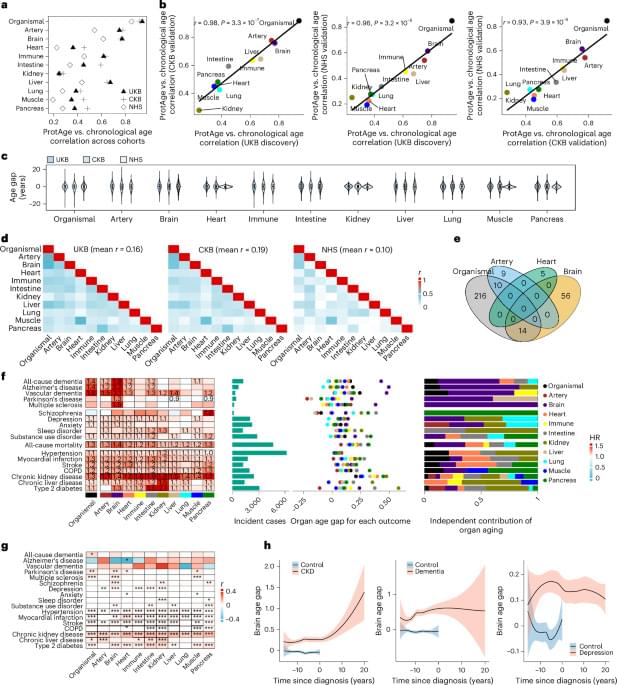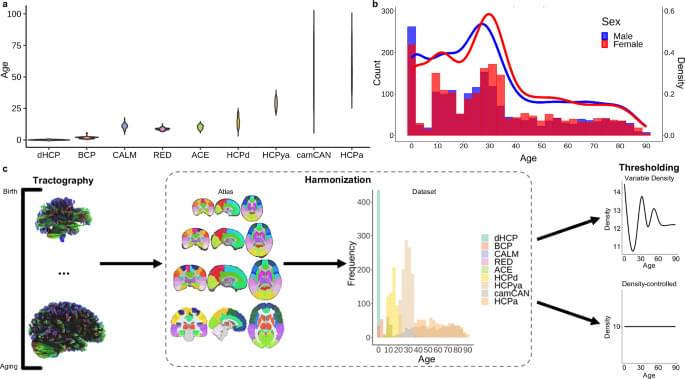New study finds low-protein, high-carb diets with fiber and flexible eating may extend lifespan, reduce disease risk, and protect long-term health.



Transfusion-related acute lung injury (TRALI) is the leading cause of transfusion-related mortality, but its pathogenesis is complex and not well understood. TRALI is thought to develop under a “2-hit” model. In 80% of cases, the second hit is caused by antibodies (specifically anti-HLA class I or II or anti-human neutrophil antigen antibodies); bioactive lipids, extracellular vesicles and other storage-related transfusion products have been linked to the remainder of the TRALI cases. The first-hit, which is related to the patient’s underlying clinical condition, is less well defined. Since patients receiving intensive care are more prone to TRALI and often have elevated levels of extracellular mitochondrial DNA (mtDNA), researchers used a murine model to examine whether mitochondria, mtDNA or other damage-associated molecular patterns (DAMPs) can act as a first-hit in an antibody-dependent murine model of TRALI. Injection of purified mitochondria or mtDNA followed by a monoclonal antibody (as a second-hit) caused significantly greater lung injury with increased pulmonary edema, elevated plasma macrophage inflammatory protein-2 (MIP-2; the mouse ortholog of human IL-8), enhanced neutrophil lung infiltration, hypothermia, and respiratory distress compared to an isotype control. Researchers found that an antagonist to toll-like receptor-9 (TLR-9) attenuated many of the TRALI-like symptoms in mice suggesting that mtDNA and TLR-9 may be involved in the first-hit in some TRALI cases. Targeting mtDNA or the TLR-9 receptor may prove to be a novel therapeutic strategy to prevent the first-hit and TRALI, but further research is needed.
References:


In a preprint published in bioRxiv, Prof. Vadim Gladyshev and a team of researchers have used an artificial intelligence-based system to discover a wide variety of potential interventions, including a drug that significantly improves biomarkers of frailty in mice.
Repurposing previous data
Previous research efforts have created a massive dataset in the form of the Gene Expression Omnibus (GEO), which contains the results of a great many experiments related to potentially disease-modifying drugs, many of which are tissue-specific [1]. These researchers refer to this dataset as a “massive missed opportunity” in aging research, because the vast majority of the experiments in the GEO were unrelated to aging and their data was never investigated in that context.


Life’s instructions are written in DNA, but it is the enzyme RNA polymerase II (Pol II) that reads the script, transcribing RNA in eukaryotic cells and eventually giving rise to proteins. Scientists know that Pol II must advance down the gene in perfect sync with other biological processes; aberrations in the movement of this enzyme have been linked to cancer and aging. But technical hurdles prevented them from precisely determining how this important molecular machine moves along DNA, and what governs its pauses and accelerations.
A new study fills in many of those knowledge gaps. In a paper published in Nature Structural & Molecular Biology, researchers used a single-molecule platform to watch individual mammalian transcription complexes in action. The result is a clear view of how this molecular engine accelerates, pauses, and shifts gears as it transcribes genetic information.
“What’s really striking is how this machine functions almost like a finely tuned automobile,” says Shixin Liu, head of the Laboratory of Nanoscale Biophysics and Biochemistry. “It has the equivalent of multiple gears, or speed modes, each controlled by the binding of different regulatory proteins. We figured out, for the first time, how each gear is controlled.”


Taking a photo of a friend? You’ve probably got their face centered and focused. Driving down a highway? Eyes on the road.
But for millions of adults with age-related macular degeneration, that crucial, central field of sight is blurred beyond recognition. Current treatments can only slow its progression or augment vision, but the blur will usually continue to worsen.
A recent clinical trial of a treatment based on stem cell transplants has found the procedure may be able to safely reverse the cumulative damage to the hard-working macula – that part of the retina responsible for all you see directly in front of you.

